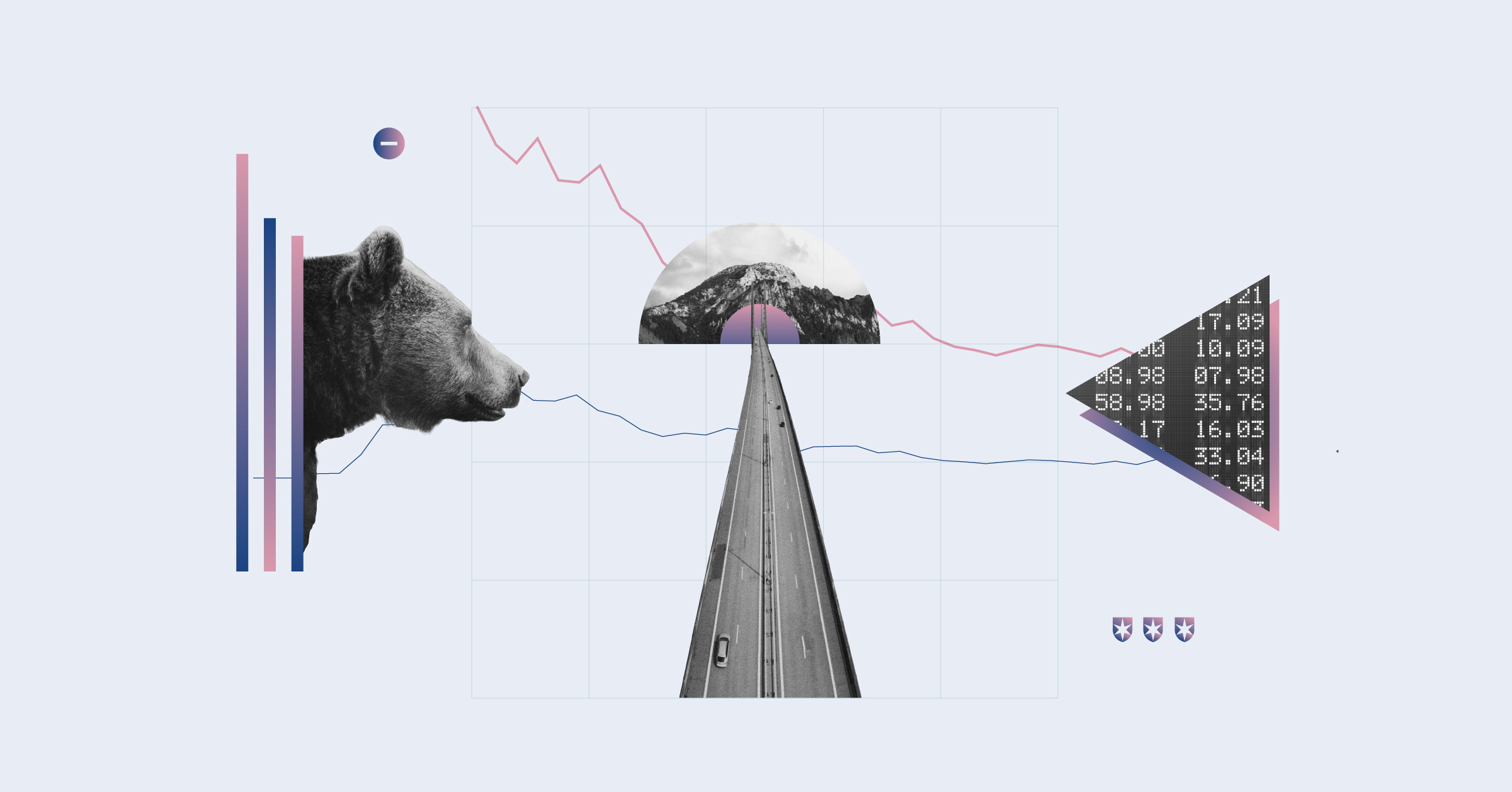A bottom-up investor, Don Huber believes companies are cautiously optimistic about the pace of the economic recovery. "For the next couple of years, I would expect that to provide some support for equity markets," says Huber, manager of Franklin World Growth Corporate Class and vice-president at New York-based Franklin Equity Group, a unit of San Mateo, California.-based Franklin Templeton Investments.
Still, issues such as sovereign debt in Europe and the United States and inflationary pressures are in the background. "Those issues will continue to be part of the risk-on, risk-off mood in the markets," says Huber.
"We are watching these in terms of the impact on the companies we own," Huber adds. "But our focus is on owning a great group of high-quality growth companies that should perform well through a market cycle, and in most environments."
Running a portfolio of about 40 stocks, Huber looks for firms that have sustainable business models and competitive advantages, generate attractive free cash flow, and demonstrate good corporate governance.
When buying a stock, Huber uses discounted cash flow and dividend-discount models to ensure that the price is reasonable given his cash flow and growth outlook. "Growth-at-a-reasonable-price investing does not capture all of what we do. We're looking to own a company for three to five years, through a market cycle. They need to be high-quality companies where we can forecast growth and cash flow for a number of years."
One representative holding is Li & Fung Ltd., a Hong Kong-based firm that sources clothing for brands such as Liz Claiborne. "It has a network of factories in 40 countries, and can take designs and specifications and arrange for the manufacturing of the goods," says Huber. "It's an attractive business model. There are benefits of scale in terms of their networks and infrastructure that they have built up."
Acquired about four years ago, the stock has lately declined after two years of rapid price appreciation. "Growth remains strong," says Huber. "In our discounted-cash-flow work, we still find upside."
A native of Bloomfield Hills, Michigan, Huber is a 30-year industry veteran. After graduating with a BBA from the University of Michigan, he was hired by Chase Manhattan Bank and trained in the commercial lending area.
Huber worked with media and entertainment clients, specializing in outdoor advertising and cable TV. "Our investment approach here is based on cash-flow analysis. That was the kind of lending we were doing back then."
In 1986, Huber joined Manufacturers Hanover, which went through several mergers until it became JPMorgan Chase & Co. Huber began with domestic private banking and by 1995, he focused on investment management. Among other tasks, he brought together disparate services into one product for high-net-worth clients.
In 2002, Huber was recruited by Franklin and worked on institutional accounts. In mid-2007, he assumed Franklin World Growth from John Remmert, who remains as co-manager.
Franklin uses one style to manage a model global portfolio, says Huber, which means all its global portfolios are identical. The 3-star rated fund returned 9.8% for the 12 months ended April 30, versus 10.1% for the median fund in the Global Equity category.
On a three-year basis, it had an annualized loss of 3.9%, versus a 1.9% loss for the median. The fund's lagging performance is mainly due to a very tough 2008, when it lost 40%, versus 29.1% for the median.
"We tend to perform well in rational markets, when investors are focused on company fundamentals," says Huber. "But we tend to underperform in markets where investors are reacting more on fear. We saw this in 2008, in the wake of the Lehman bankruptcy. Investors were not focused on the fundamentals. But during that period, we added to positions that lagged and re-balanced the portfolio."
In 2009, the fund rebounded and returned 31.5%, versus 17.2% for the category. "We did not change the process and by and large did not change the portfolio holdings."
Huber tends to have equally weighted holdings, at around 2%, with the limit set at about 3%. "If it's not a high-conviction holding, we shouldn't own it." Turnover was moderate at 34.7% in 2010.
From a geographic standpoint, Europe accounts for about 43% of the fund, and the U.S. 26%. While Huber is allowed to own up to 20% in emerging markets, the exposure has been 10% or less, mainly because of concerns about corporate governance. But there are exceptions.
One example is MercadoLibre Inc. MELI, an Argentinian firm that operates online trading sites for Latin American markets. "It's an e-commerce marketplace similar to the third-party seller business run by Amazon," says Huber.
"MercadoLibre has the 'first-mover' advantage in that it has a recognized brand," says Huber, adding that the firm has a history of strong cash-flow generation. Bought in mid-2010, the stock is up around 60%. "Earnings continue to grow," he says, noting that the firm also operates a lucrative payment platform called MercadoPago. "We still see upside."















